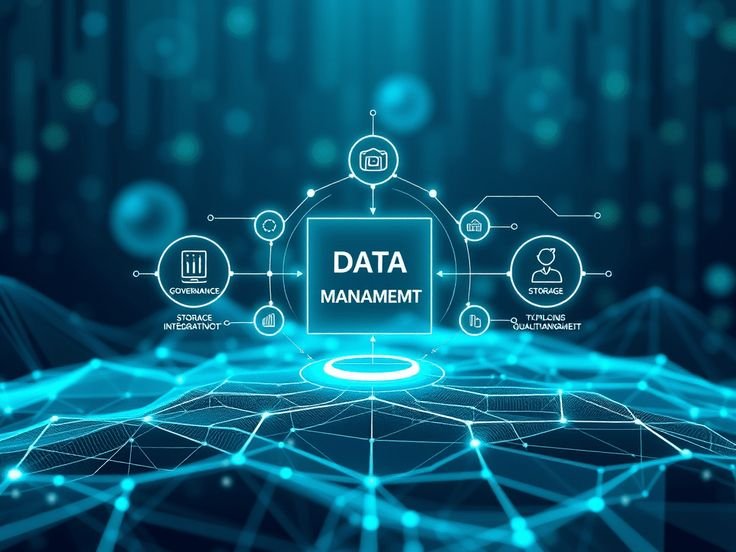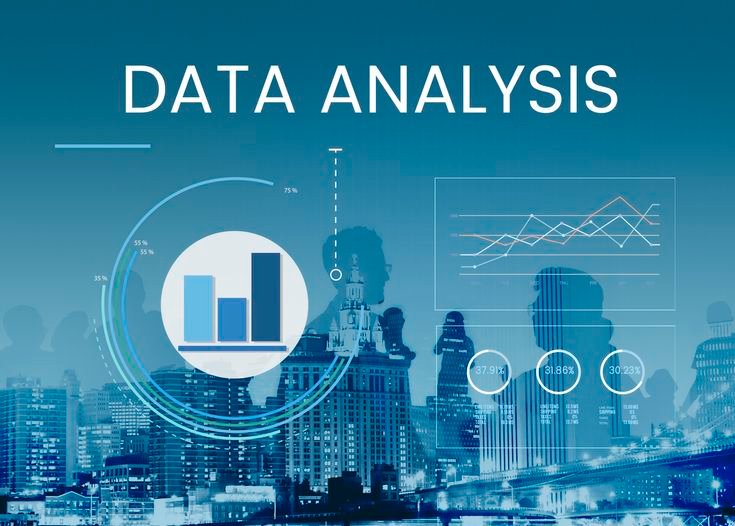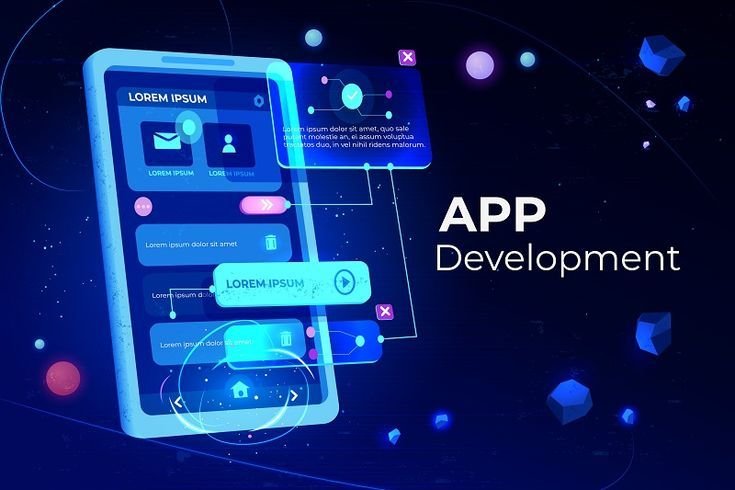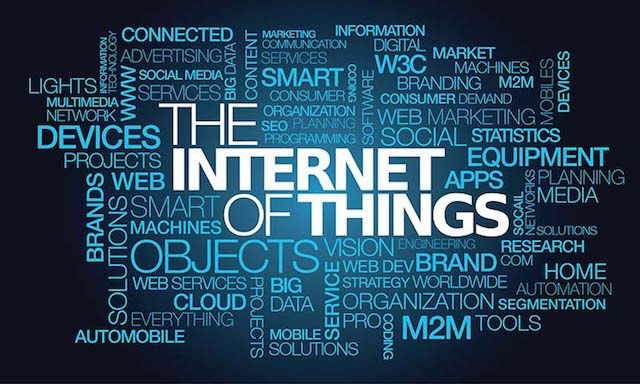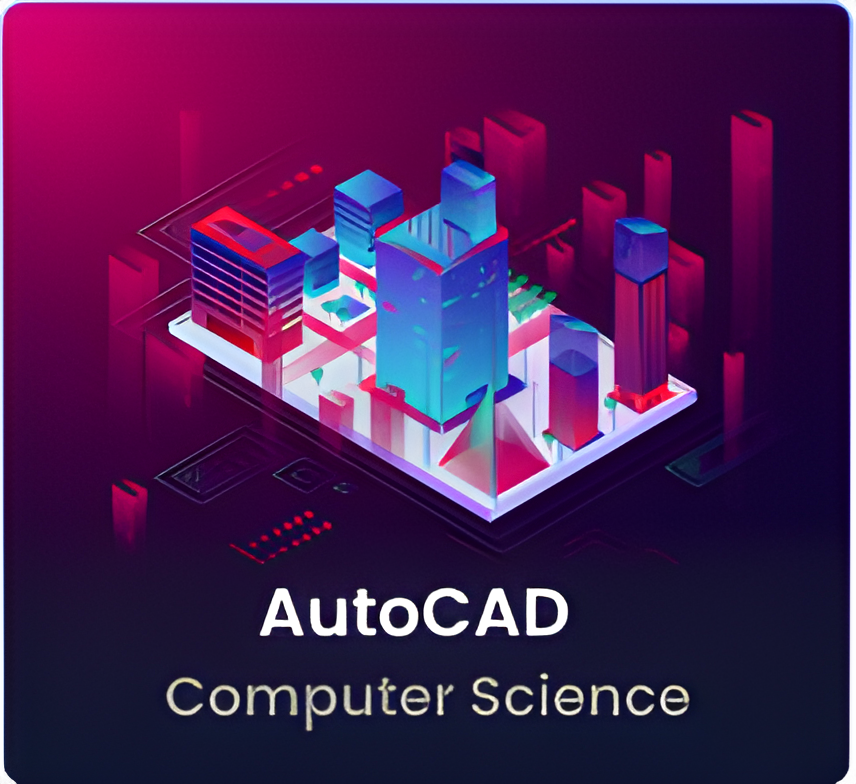Database Management SystemsTraining
Last Update
Jan,01 1970Category
CSE/ITDescription
Module 1: Introduction to DBMS
-
Definition and purpose of a DBMS
-
Types of DBMS: Hierarchical, Network, Relational, Object-Oriented
-
DBMS vs RDBMS
-
Components of a database system
-
Advantages of using DBMS
Module 2: Data Models and Architecture
-
Entity-Relationship (ER) model
-
Relational model concepts
-
Database schemas and instances
-
Three-level database architecture (external, conceptual, internal)
Module 3: SQL – Structured Query Language
-
Introduction to SQL
-
Data Definition Language (DDL): CREATE, ALTER, DROP
-
Data Manipulation Language (DML): INSERT, UPDATE, DELETE
-
Data Query Language (DQL): SELECT, WHERE, GROUP BY, ORDER BY
-
Data Control Language (DCL): GRANT, REVOKE
Module 4: ER Modeling and Normalization
-
Entity, attributes, relationships
-
ER diagrams and mapping to relational models
-
Functional dependencies
-
Normal forms: 1NF, 2NF, 3NF, BCNF
-
Decomposition and lossless joins
Module 5: Keys and Indexing
-
Primary key, foreign key, candidate key
-
Composite and surrogate keys
-
Indexing: clustered and non-clustered
-
Hashing techniques
Module 6: Transactions and Concurrency Control
-
Transactions and ACID properties
-
Concurrency problems: lost update, dirty read, etc.
-
Lock-based and timestamp-based protocols
-
Deadlock handling
Module 7: Database Storage and File Organization
-
Disk storage and buffer management
-
Page layout and data blocks
-
File structures: heap, sorted, hashed files
-
B+ Trees and indexing mechanisms
Module 8: Query Processing and Optimization
-
Phases of query processing
-
Join strategies
-
Cost-based query optimization
-
Execution plans
Module 9: NoSQL and Modern Databases (Introductory)
-
Introduction to NoSQL: document, key-value, columnar, and graph DBs
-
Use cases for MongoDB, Cassandra, Redis, and Neo4j
-
Comparison with traditional RDBMS
-
CAP theorem basics
Module 10: Database Security and Backup
-
User roles and privileges
-
SQL injection and prevention
-
Backup and recovery strategies
-
Encryption and auditing
Requirements
What is a Database Management System?
A Database Management System (DBMS) is software that enables the creation, storage, retrieval, and management of data in a structured and efficient manner. It serves as the backbone for storing data in modern software applications and enterprise systems.
Why Learn DBMS?
-
Foundation for careers in software development, data science, and IT administration
-
Critical skill for handling data efficiently and securely
-
Powers applications in finance, healthcare, e-commerce, and more
-
Prepares for advanced topics like SQL, NoSQL, Big Data, and Data Warehousing
Curriculum
-
LevelAdvanced Level
-
Lectures10 Lectures
-
Duration10h/30m
-
CategoryCSE/IT
-
LanguageEnglish
-
CertificateYes
.jpg)
